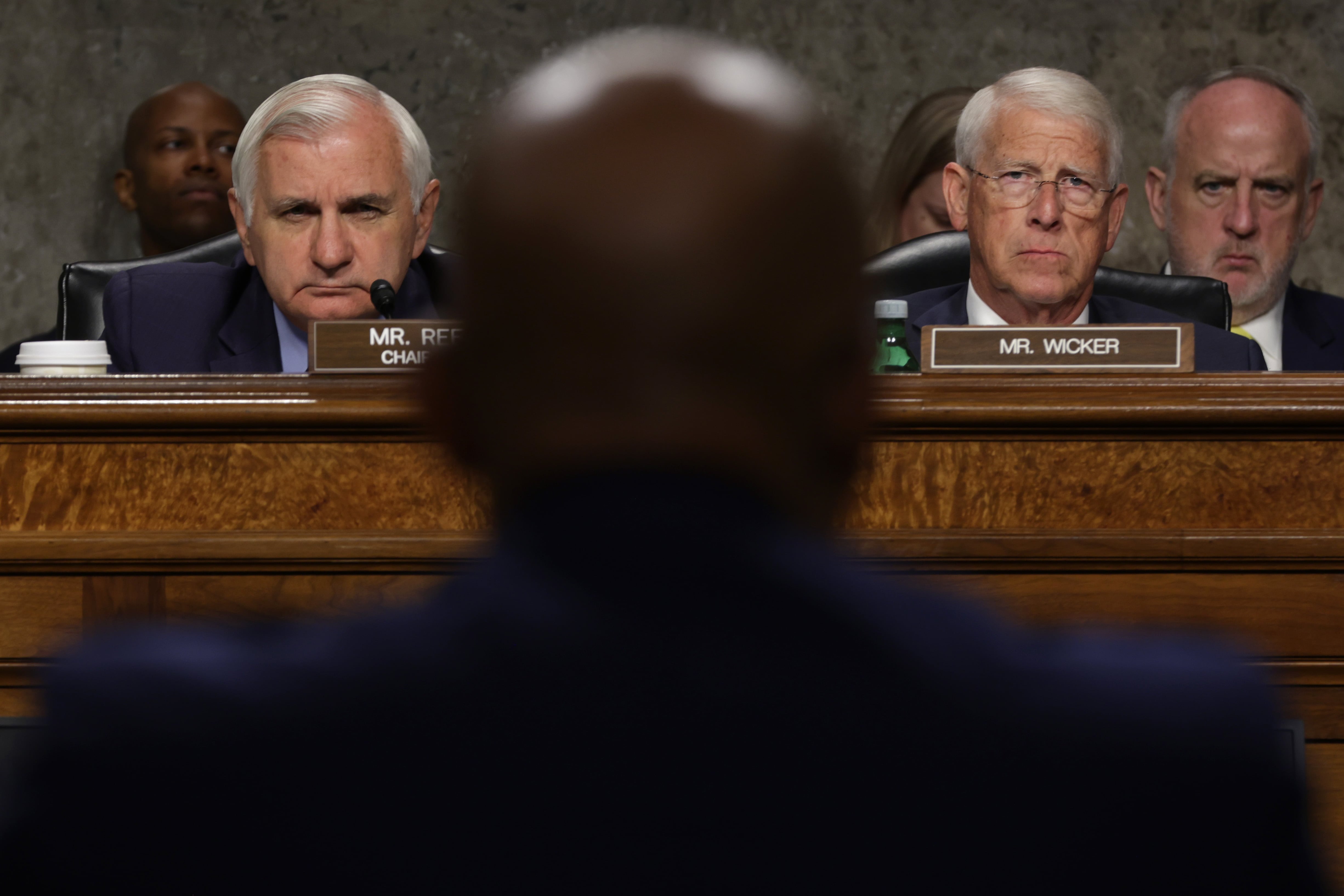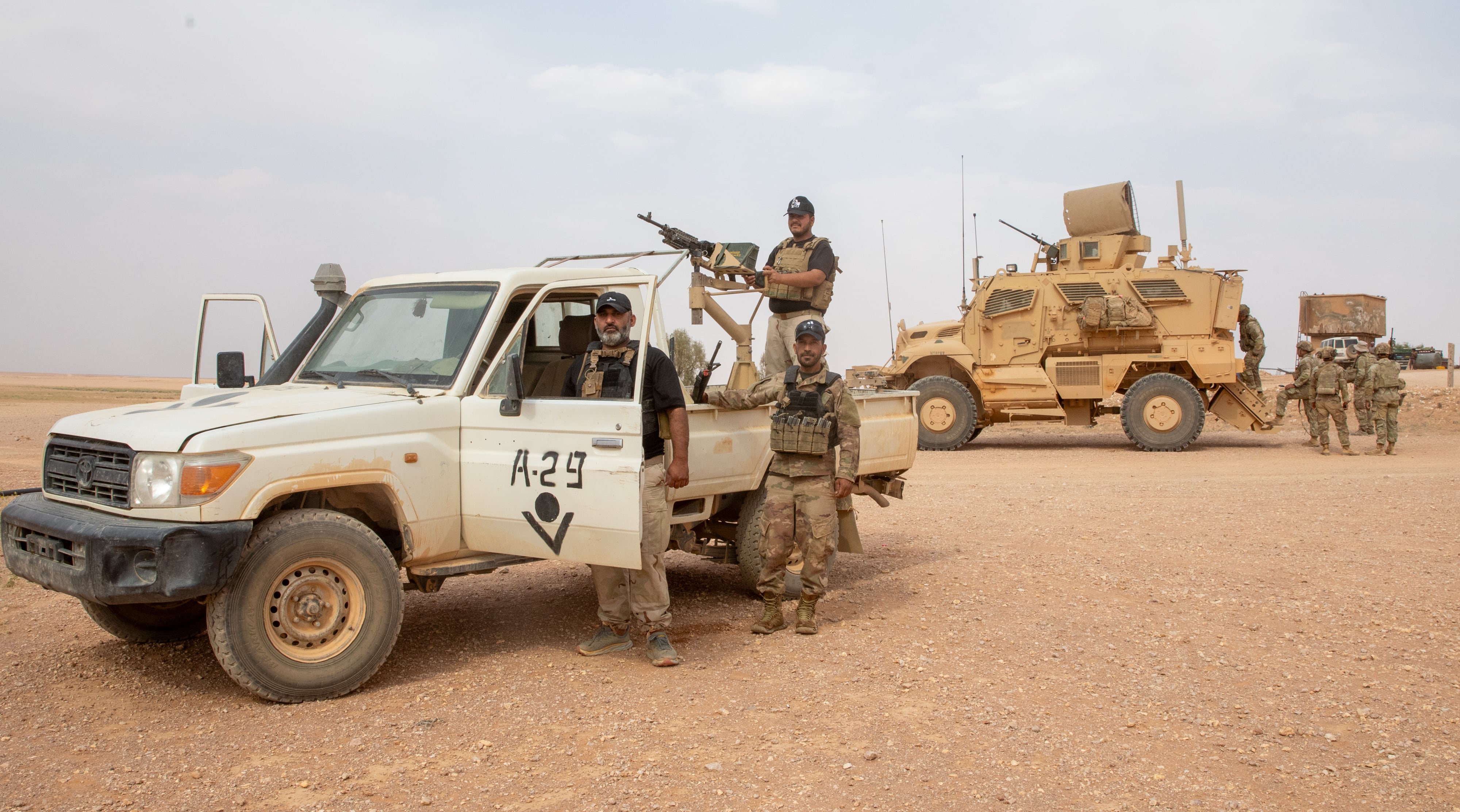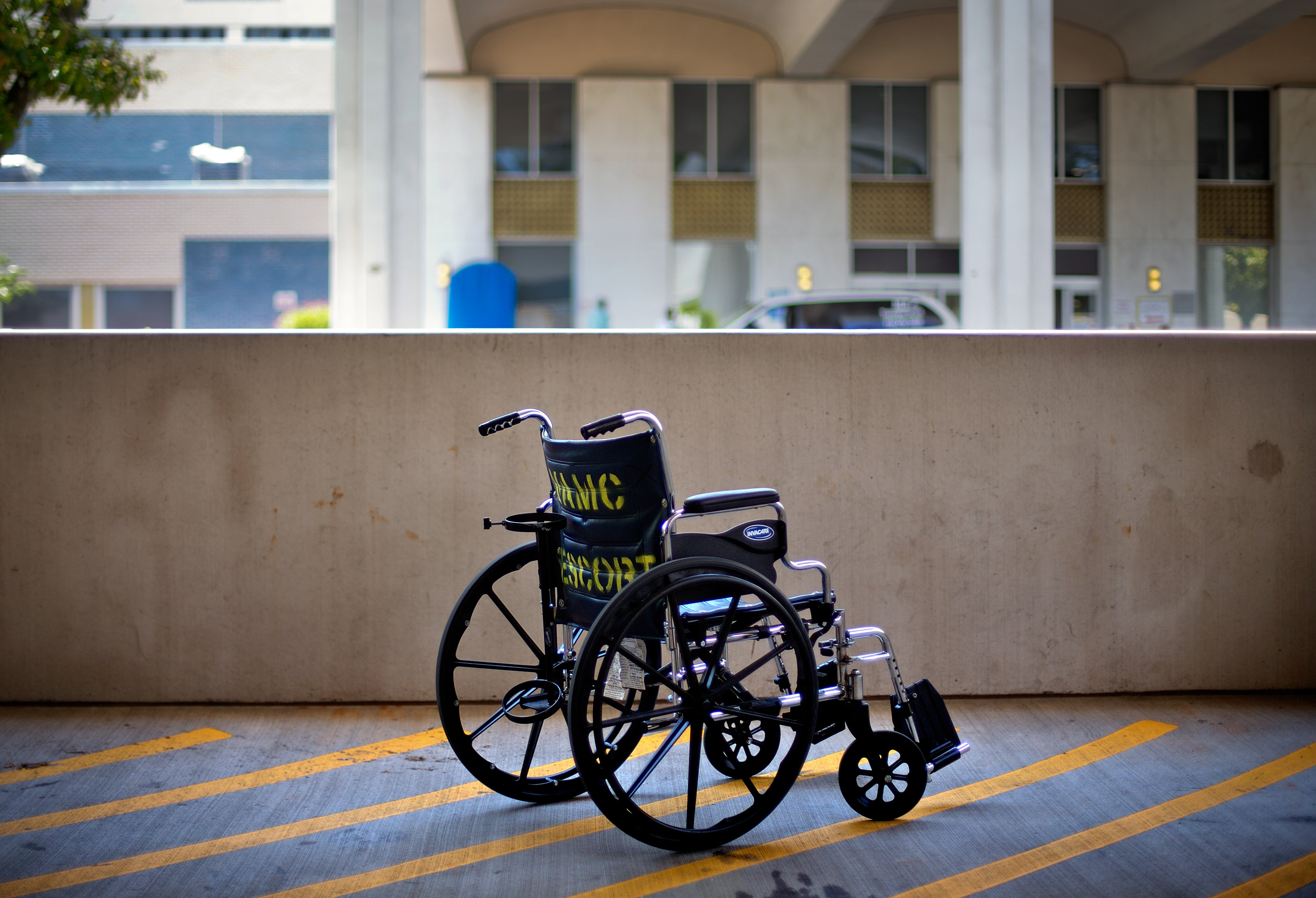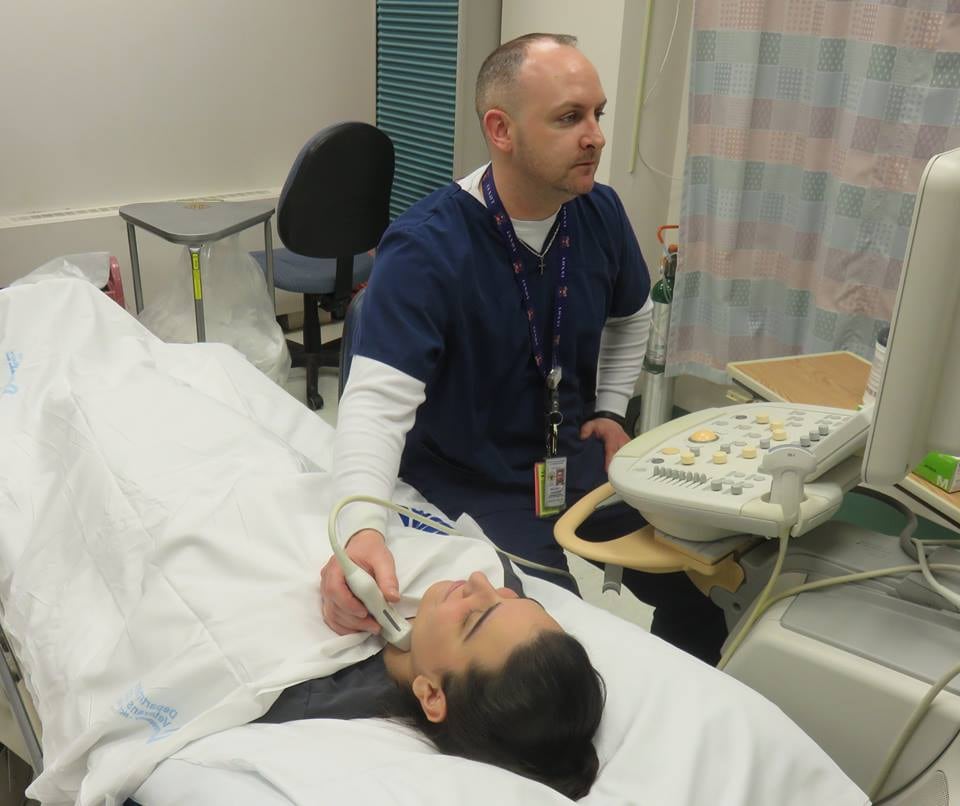Thousands of officers complete professional military education programs each year, but Defense Department leaders frequently don’t consider that expertise and experience in students’ future leadership assignments, according to a new analysis of the system by an outside think tank.
The review — mandated by Congress and conducted by the RAND Corporation — said the ongoing education programs are robust and well-utilized, offering significant value to the military services. But researchers said too often that extra coursework is seen as an end to itself, and not used to help guide officers to career paths where they can put the knowledge to work.
“Services and schools repeatedly reported that post-graduation assignments often do not build on the skills that graduates learn during their PME experiences,” the report stated. “This disparity has been consistently reported and is also a source of frustration for military students.”
In 2022, more than 11,000 service members were enrolled in degree programs at military educational institutions like the College of Naval Warfare, the Air Command and Staff College, and the National Defense University. Thousands more attended non-degree programs in those military-sponsored schools or degree programs at civilian-run universities.
RELATED
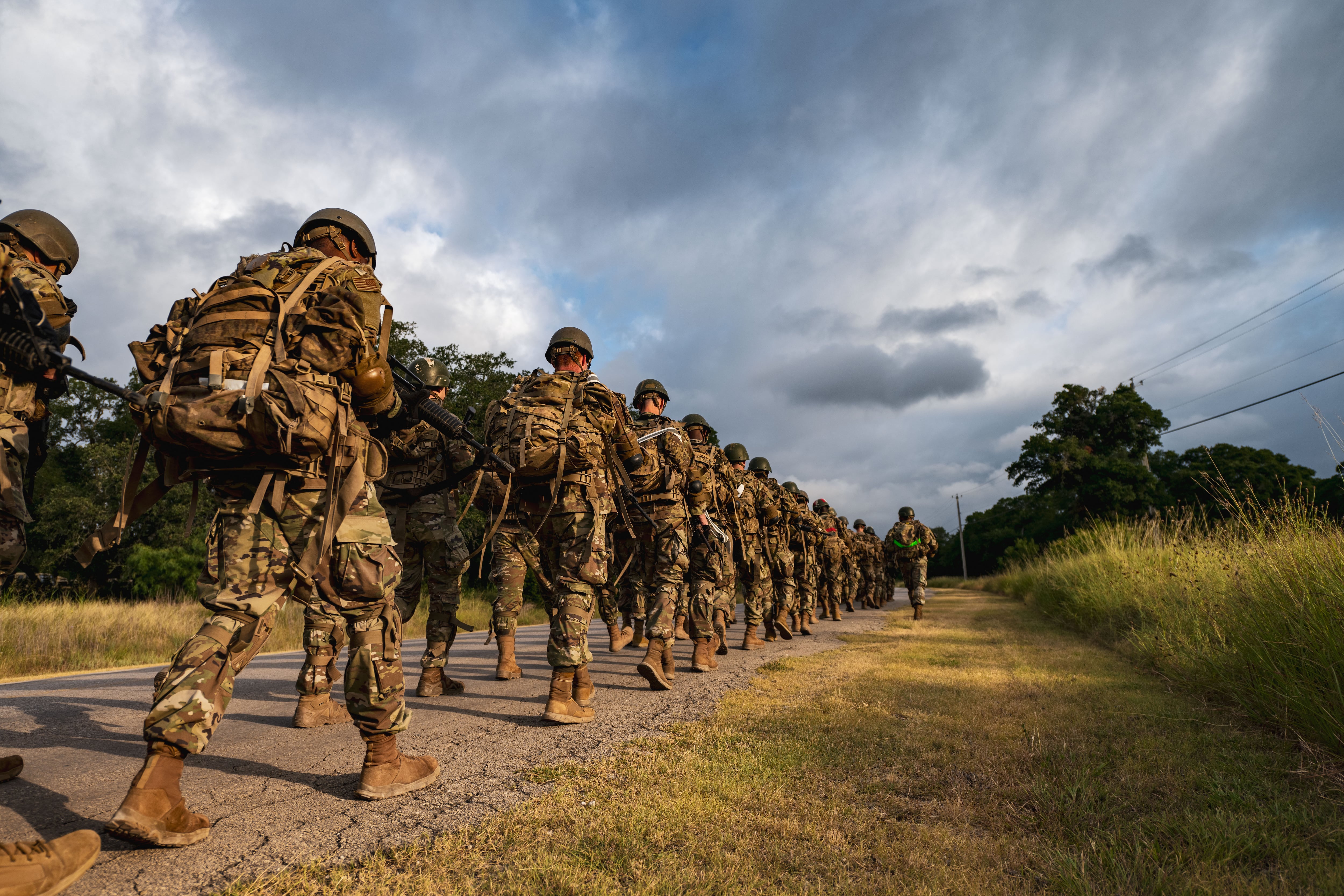
Each of the military services require some level of additional education work for officers as they advance through the ranks. But Congress commissioned the study on the state of professional military education amid concerns about “inadequacy of accountability, jointness, and responsiveness to ever-evolving DoD priorities.”
The military education work generally falls into two categories: technical skills and strategic or operational studies. RAND researchers said most of the technical offerings are directly applicable to officers’ future assignments, and are used to ensure that individuals have the proper certification and training for those posts.
But Charles Goldman, a senior economist at RAND and one of the report authors, said the other offerings are often overlooked entirely in the military career process.
“There’s a lot of room for improvement in the link between talent management and education,” he said. “There’s not that much evidence that the general education that’s being imparted through these PME institutions is really being considered in assigning and tracking officers into different careers.”
Goldman said faculty members interviewed by the RAND team said they would be open to updating classwork and research assignments to better respond to leadership needs, but thus far little effort has been made to start those changes.
“We didn’t find people telling us, ‘This is wrong or it’s not well adapted.’ But the services have not, for the most part, clearly articulated what knowledge and skills they need officers to have at different levels,” he said.
“And that leads to people in the system perceiving PME as a kind of a check-the-box exercise … and not learning something that they can then use in a future career.”
Report authors said they are hopeful that Pentagon planners and lawmakers will use their research to help find ways to fix that issue. The full report on professional military education is available on the RAND web site.
Leo covers Congress, Veterans Affairs and the White House for Military Times. He has covered Washington, D.C. since 2004, focusing on military personnel and veterans policies. His work has earned numerous honors, including a 2009 Polk award, a 2010 National Headliner Award, the IAVA Leadership in Journalism award and the VFW News Media award.


